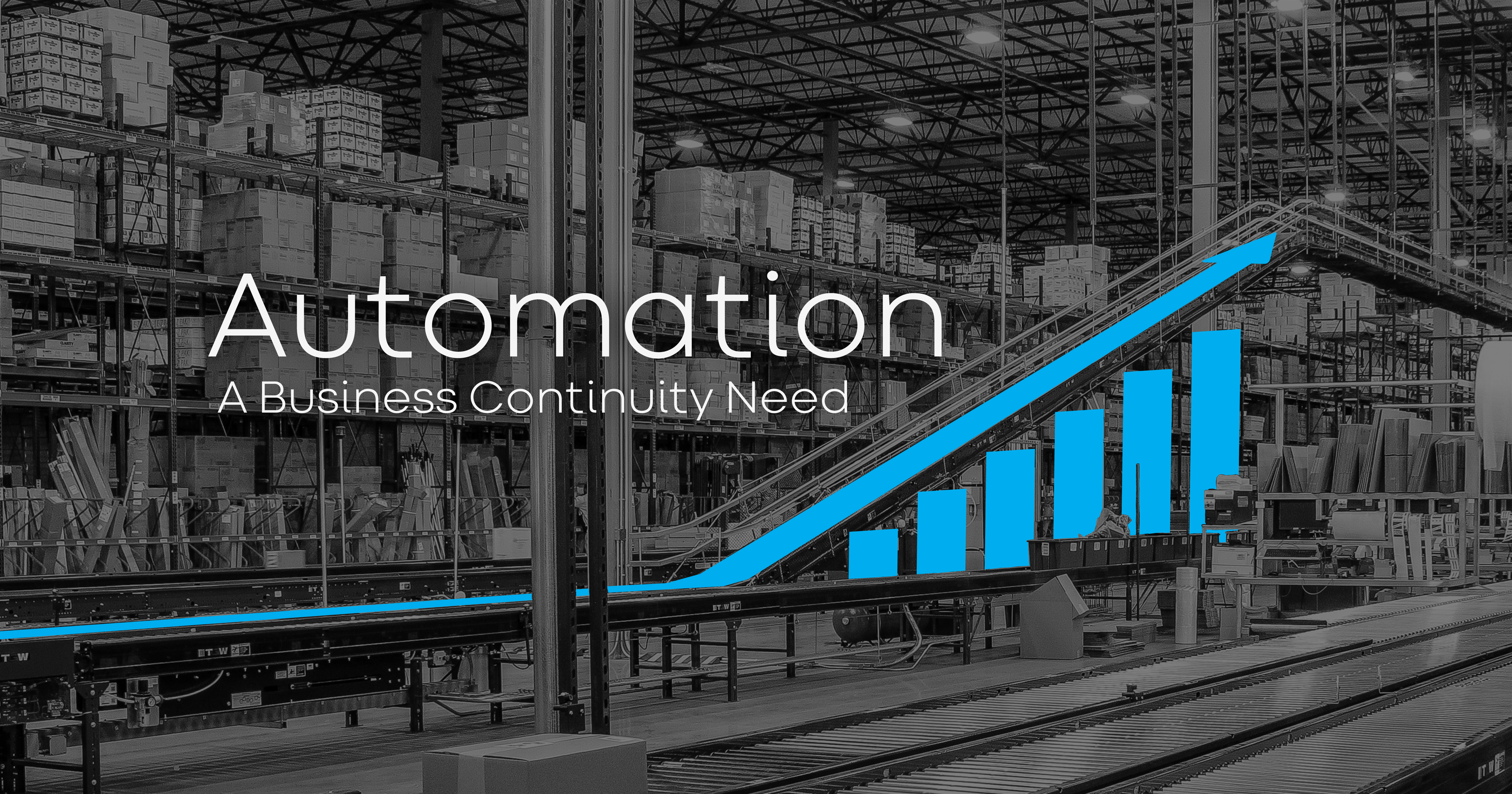The warehouse industry is one of the most critical sectors in any economy. Businesses in this sector are responsible for handling the movement, storage, and distribution of goods and products, making them a vital link in the supply chain. As such, any disruption in warehouse operations can have serious consequences, including lost revenue, missed deadlines, and unhappy customers. In today’s fast-paced business environment, where downtime is unacceptable, the warehouse operations leaders we talk to express the need to ensure business continuity, and automation is a great tool to achieve that.
Automation refers to the use of technology to perform tasks with minimal human intervention. In the warehouse industry, automation can take many forms, from robotic systems to conveyor belts, automated storage and retrieval systems (ASRS), to warehouse management systems (WMS). Introducing automation to your operations, can ensure that your warehouse continues to function even when faced with unexpected events.
Here are some of the ways automation can be used as a business continuity need in the warehouse/operations industry:
Minimizes Labor Dependency
One of the most significant advantages of automation in the warehouse industry is that it reduces dependency on human labor. We hear from almost every customer we talk to that having enough labor to effectively run their operations today is a challenge automation ensures that your operation continues to function seamlessly, even with reduced human involvement.
Improves Efficiency and Speed
Automation can help improve the efficiency and speed of warehouse operations. Robotic systems, for instance, can pick and move products faster than humans, reducing the time it takes to move goods from one point to another. With solutions like conveyor belts and ASRS, you can ensure that products are routed to the appropriate places throughout the warehouse without human intervention. Even if you have fewer people working in your facility, you can still achieve or exceed the desired level of productivity with automation
Reduces Errors
Another benefit of automation in the warehouse industry is that it reduces the likelihood of human error. Automated systems are designed to perform tasks with a high degree of accuracy, reducing the risk of mistakes that can cost your business time and money. With a automation technology in place, you can ensure that products are accurately tracked, reducing the likelihood of lost or misplaced items.
Improves Safety
Automation can also improve safety in the warehouse. With many automaton solutions, you can reduce the risk of workplace accidents and injuries. For instance, robots or AGVs can handle heavy items that may be too difficult or dangerous for humans to move. This helps to ensure the safety of warehouse workers and reduces the risk of costly workplace accidents.
Enables Remote Management
With automation, you can manage your warehouse operations remotely. This is particularly useful in situations where physical access to the warehouse may be restricted. With a WMS, for instance, you can monitor inventory levels, track shipments, and manage your workforce from anywhere with an internet connection. Even if you are unable to be physically present in the facility, you can still ensure that it operates smoothly.
Automation is a critical tool in ensuring business continuity in warehouse operations. The introduction of automation to your operations can minimize labor dependency, improve efficiency and speed, reduce errors, improve safety, and enable remote management. If you need to ensure that your warehouse can continue to function seamlessly, even in the face of unexpected events, automation is worth your consideration.
Are you ready to explore how the implementation of automation solutions in your warehouse can positively impact your business? Click here!


